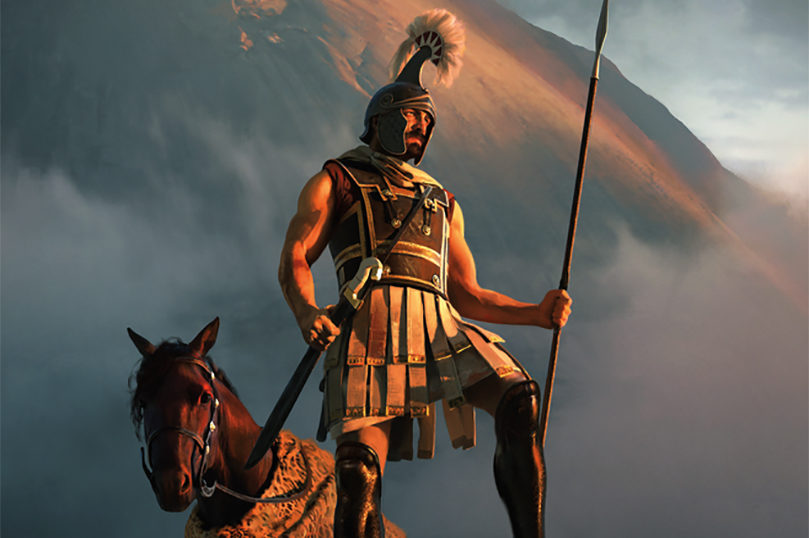
New Releases: 12/5/17
New from Ken Scholes, Jon Land, Tracy Hickman, and more!

New from Ken Scholes, Jon Land, Tracy Hickman, and more!

Nicholas Guild’s The Macedonian is a gripping fictional account of the life of Philip of Macedon, the king who sired Alexander the Great and conquered an unprecedented number of ancient Greek city-states.

New from Nicholas Guild and Lawrence M. Schoen!

Here’s what went on sale today! The Fourth Horseman by David Hagberg Pakistan is torn apart by riots in the streets. The CIA sends Pakistan expert David Haaris to meet with leaders of the military intelligence apparatus which all but controls the country, to try to head off what appears to be the disintegration of…